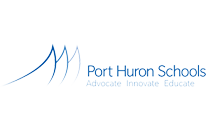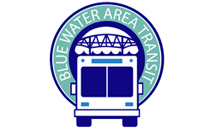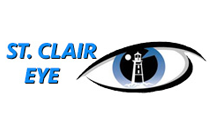Sponsored by: JoAnn Wine & Associates
Written by Audrey Sochor
On Monday the Kiwanis Club of Port Huron brought Theresa Flores, founder of the S.O.A.P Project and bestselling author, to town to discuss human trafficking.
“We just want people to know that it exists – it exists in our community – and what they can do to keep our kids safe,” said Rick Collins, president of Port Huron Kiwanis.
A form of modern slavery, human trafficking is the trade of humans for the purpose of forced labor or sexual exploitation. Flores’ talk focused on the latter, especially when it comes to children and teenagers.
Herself a survivor of human trafficking right here in Michigan, Flores talked about what trafficking really is, the misconception of it being prostitution, and the signs people should look out for and recognize as trafficking.
“For many years I didn’t know what happened to me was called human trafficking,” Flores said. “And so I think it’s really important for teachers, for students, for nurses – every professional – to notice the signs of it, because this is the second leading crime in the United States and in Michigan. And we really want to help these kids and these women get out of it.”
Many victims of trafficking are vulnerable kids, Flores said. Maybe from a separated family with not a lot of supervision, or they or their family is on drugs. It could also be those living in poverty or are homeless. Or it could just be a child wanting attention with someone waiting to exploit that and trick or blackmail them into slavery.
Flores added there has been a huge increase in human trafficking because of the internet and not doing enough to fight the demand for it. “There’s a huge demand for sex for sale,” she said. “It’s everywhere around us. The penalties for someone buying another person in Michigan are not very high, so because of that it’s rising.”
But she also thinks statistics are on the rise because more people are noticing the signs and reporting it to the police.
“This is happening everywhere,” Flores said. “In Port Huron, not just Detroit. It’s happening all across Michigan and we really need to get better at seeing it and helping these victims.”
Collins said the Port Huron Kiwanis is serious about creating awareness for human trafficking and has partnered with Michigan Abolitionist Project to make a lot of resources available. To learn more about how to fight human trafficking, visit kiwanisporthuron.org or soapproject.org.
If you know of someone being trafficked or have a suspicion of trafficking call the National Human Trafficking Hotline at 1-888-373-7888.








